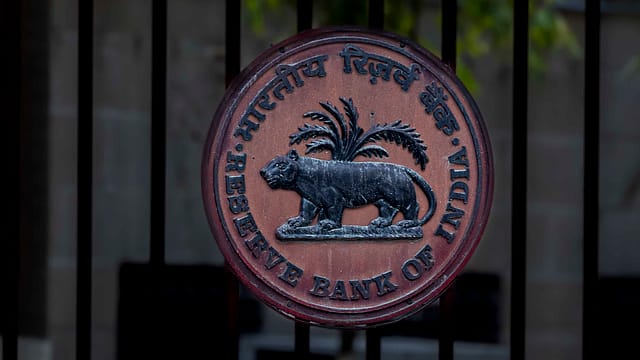RBI's MPC meet starts today; repo rate hike likely
ADVERTISEMENT

The Reserve Bank's Monetary Policy Committee (MPC), which started its three-day meeting today i.e. June 6, will likely raise the key lending rate by up to 40-50 basis points to contain spiralling inflation. Analysts are also expecting the MPC to change its stance from 'accommodative' to 'neutral'. Among other things, inflation is the top priority for the RBI's MPC team, which is led by governor Shaktikanta Das. Retail inflation at 7.79% in April soared to an eight-year high of over 4.23% in the same month the previous year, primarily due to the high prices of vegetables and oils. In March 2022, headline CPI inflation surged to 7% from 6.1% in February, largely reflecting the impact of geopolitical spillovers.
Indian households are already feeling the inflation heat, with 92% saying their average monthly expenses have gone up in the last few months, according to a survey, conducted by community social media platform LocalCircles. On account of the geopolitical scenario, the constrained supplies of several commodities, the Covid-19 pandemic and the overall condition of the economy, 55% of respondents anticipate monthly expenses to rise by over 10% in the next three months, while 26% anticipate an increase to be up to 10%.
The Reserve Bank had also indicated its willingness to curtail rising inflation. "There is the collateral risk that if inflation remains elevated at these levels for too long, it can de-anchor inflation expectations which, in turn, can become self-fulfilling and detrimental to growth and financial stability," Shaktikanta Das says in the RBI's monthly bulletin for May. He adds that the RBI is ready to "use all policy levers to preserve macroeconomic and financial stability" while enhancing the economy’s resilience.
Against this backdrop, the MPC held an off-cycle meeting from May May 2-4, 2022, to address the evolving inflation-growth dynamics. The MPC also voted unanimously to increase the policy repo rate by 40 basis points to 4.40%. The standing deposit facility (SDF) rate was adjusted to 4.15% and the marginal standing facility (MSF) rate and the bank rate was adjusted to 4.65%.
The MPC had, however, decided unanimously to remain "accommodative", but assured it'll focus on withdrawal of accommodation to keep inflation within the target. In its April meeting, the panel had raised the inflation projection for the current fiscal to 5.7%, up from the earlier estimation of 4.5%. This time, it'll be interesting to see how much the MPC raises the inflation projection for FY23, considering a sharp rise in April and May.
Moreover, with the increase in key lending rates, interest on loans is also set to rise as retail loans are benchmarked to an external rate, mostly to the RBI’s repo rate, with a quarterly reset clause. "In a situation of incipient demand recovery post-Covid, the question will be whether growth could be a large casualty in case of large and persistent rate increases, even as inflation prints will continue to be of serious concern," says SBI Research in a note.
Ratings agency ICRA also believes the recent cut in excise duties on petrol and diesel can help cool the retail inflation trajectory while improving consumers’ disposable incomes. It has projected the average CPI inflation for FY23 at 6.5%, pencilling in a 40 bps repo hike in the RBI's June 2022 policy review, amid a terminal rate of 5.5%.